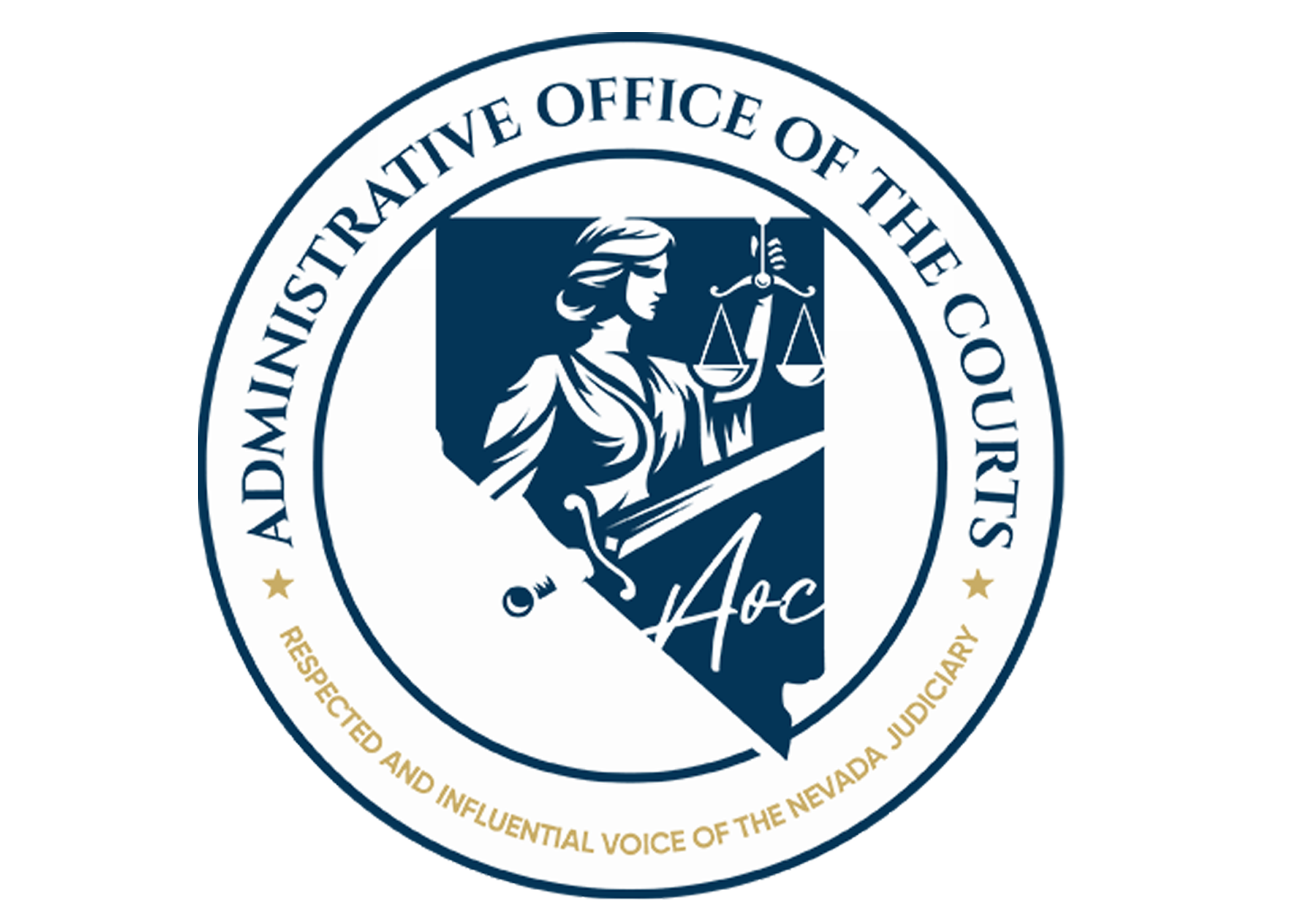Nevada’s New Approach to Adjudication of Water Law Cases
By Justice Ron Parraguirre
Background
Nevada, like most western arid states, has seen significant litigation over its water resources. As resources dwindle, we can expect growing demand on court resources as well. Understanding the complex challenges ahead, the Nevada Supreme Court convened a Commission to Study the Adjudication of Water Law Cases on March 9, 2021, under ADKT 0576. The Commission was formed for the purpose of making recommendations to improve education, training, specialization, timeliness, and efficiency of Nevada’s district courts in the judicial review process of water law cases. Commission membership is comprised of a broad-based group of experienced water law professionals, key stakeholders, and members of the Nevada judiciary.
The Commission conducted seven meetings between April 16, 2021, and December 15, 2022. During meetings, the Commission studied a variety of adjudication models utilized by other jurisdictions ranging from dedicated water courts, to certified, specialized water law judges. Commission members were presented with perspectives from a variety of sources including the Nevada Division of Water Resources, The Nature Conservancy, and the “Dividing the Waters” program. Throughout its duration, the Commission welcomed public and stakeholder input regarding water law adjudication issues and methods for management currently utilized in surrounding states.
After completing its review, the Commission determined that Nevada would be best served by appointment of district court judges in each jurisdiction who have been specially educated and trained to preside over water law cases. Commission subcommittees developed experience and education requirements for certification as specialty water law judges. Rules were also proposed to govern the assignment of water law cases. The Commission submitted its final report and recommendations to the Nevada Supreme Court for consideration via an ADKT Order dated Dec. 22, 2022. A public hearing was held March 21, 2023, and an “Order Adopting Rules and Curriculum Related to Specialized Education and Appointment of Specialty Water Judges” was filed on July 7, 2023. The Commission launched its 3-year pilot program in January of 2024, requiring water law cases be heard by certified judges.
Judicial Training and Certification
Initial certification as a Water Law Judge required judges to submit a letter of interest, a resume, and an application to the Nevada Supreme Court. After submitting the application package, the judges were required to attend a special two-day water law training conducted by the Administrative Office of the Courts’ (AOC) Judicial Branch Training Unit and held at the Supreme Court building in Carson City. Eleven judges attended the training on topics such as Hydrogeology, Water Types and Preferred Uses, The Law of Prior Appropriation, Administrative Processes from Permit to Beneficial Use, Water Law Case Management, and others, following the subcommittee’s recommended curriculum. The training sessions were recorded and have been made available to the judges who were unable to attend the training in person. Continuing legal education will be provided to the water law judges, and the Supreme Court is developing relationships with various providers to ensure the judges have meaningful materials and information available to them.
Each judge completing the training was issued a certificate by the Chief Justice, appointing them as a Water Law Judge. Their certification was recorded in their Judicial Education Records, maintained by the Administrative Office of the Courts (AOC). Currently, judges from 8 of the state’s 11 judicial districts have completed the certification process; certification is pending for judges in the remaining 3 judicial districts.
The list of currently certified judges includes:
Judge Kathleen Drakulich (2nd JD),
Judge Leon Aberasturi (3rd JD),
Judge John Schlegelmilch (3rd JD),
Judge Kriston Hill (4th JD),
Judge Al Kacin (4 th JD),
Judge Mason Simons (4th JD),
Judge Kim Wanker (5th JD),
Judge Gary Fairman (7th JD),
Judge Tom Gregory (9th JD),
Judge Tom Stockard (10th JD), and
Judge Jim Shirley (11th JD).
Certification is pending for
- Judge Kristin Luis (1st JD),
- Judge Michael Montero (6th JD),
- Judge Steven Dobrescu (7th JD), and
- Judge Bita Yeager (8th JD).
Process
Supreme Court Rule 18—Nevada Rules for District Court Water Judges— establishes the process for water law case assignment to certified water judges. A “water law case” is defined as a “case filed in the district court relating to a petition for judicial review or action arising under NRS Chapters 532, 533, or 534; pertaining to an adjudication of prestatutory claims of vested water rights; or involving an order or decision made pursuant to NRS Chapters 535 and 536, which order or decision is reviewable pursuant to the provisions of NRS 533.450.”
If a case meets this criteria, section 4 requires that “a party to the action shall inform the court that the case must be assigned to a district court judge within the judicial district designated to adjudicate water law cases.” This section also establishes the process for those instances in which no district court judge within the district has been appointed to adjudicate water law cases and delegates assignment authority to the Chief Justice. Section 5 of the Rules further clarifies case assignment and provides that water law case assignment “shall be made on a random basis” and establishes the circumstances under which cases “which the subject matter relates to water law issues may be transferred to a water judge…”. This section, together with section 11, also establishes reporting requirements for each judicial district regarding water law case adjudication. Required information and reporting documents may be submitted by the district courts to the Nevada Supreme Court, AOC at waterlaw@nvcourts.nv.gov.
The Rules implement a pilot program for the duration of at least, 3 years, during which, the Commission shall collect annual status reports from the district court water judges. It is the Commission’s intent to use the findings and conclusions presented in these reports to evaluate the pilot program’s progress, and give guidance to the Nevada Supreme Court in its determination whether to permanently adopt the model.
The Commission Report, membership composition list, rules and recommended education curriculum can be found at: https://nvcourts.gov/aoc/committees_and_commissions/water_law/overview

